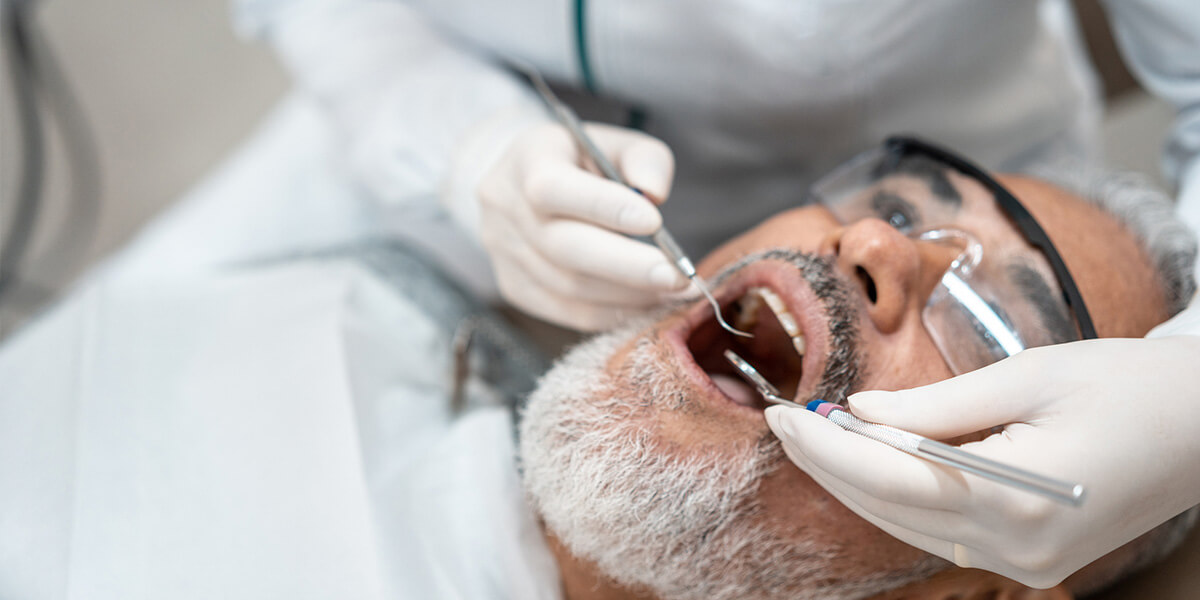ENDODONTIC TREATMENT IN FRAMINGHAM

Our primary goal is to save your natural teeth whenever possible. Our practice specializes in Endodontics, commonly referred to as root canal therapy. Endodontics is the treatment of the pulp and surrounding tissues of a tooth. When root canal therapy is performed the pulp chamber of the tooth is removed and then filled with a suitable filling material. Root canals are most often necessary when decay has reached the nerve of the tooth or the tooth has become infected. People have anywhere from 1 to 4 canals in a tooth. Extra canals may branch out and are called “accessory canals.” The number of canals and anatomy of a tooth can vary. The word “endo” comes from the Greek language and means “inside” or within. Endodontists work with the “inside” of a tooth.
Root Canal Treatment
Root canal, or endodontic, treatment may be necessary when the pulp tissue inside the root canals of a tooth becomes infected or damaged, which can be caused by dental trauma or decay. The pulp, which is located inside the root canals, contains blood vessels, nerves, and connective tissue. A tooth generally has between one and four root canals. A root canal procedure may be performed on a single root canal or multiple root canals within a tooth.
During this procedure, the crown of the tooth is opened, allowing the doctor to access the root canal. The pulp tissue in the infected root canal is removed and the canals cleaned. A series of files is used to remove any remaining tissue, slightly enlarge the canals, and smooth the walls of the canals. Once any infection has completely cleared up, which could take a few days or longer, the root canals are sealed with a material called gutta percha or with root canal sealer to prevent bacteria or debris from entering the root canals and causing further infection. Finally, the crown of the tooth is sealed with a filling or crown.
Endodontic Retreatment
Occasionally a tooth that was treated months or years ago may develop new problems. In some cases a tooth that has received endodontic treatment fails to heal or continues to have pain. You may have another chance to save the tooth with a second endodontic procedure.
Cracked Teeth
Symptoms of a cracked tooth are varied and may include pain when chewing, temperature sensitivity or pressure sensitivity or a combination of these. Because the pain often comes and goes, it can be very difficult to recognize what is causing the problem. It can sometimes even be difficult to identify exactly which tooth is causing the discomfort.
Even small movement of the cracked tooth pieces during chewing can cause irritation to the tooth’s pulp, which causes pain. Similarly, when the bite is released, the crack can close quickly, causing sharp pain. Over time, the tooth pulp will become damaged. As this happens, the tooth will hurt more consistently. Cracks can sometimes lead to infections in the pulp tissue and spread to the surrounding gum and bone.
